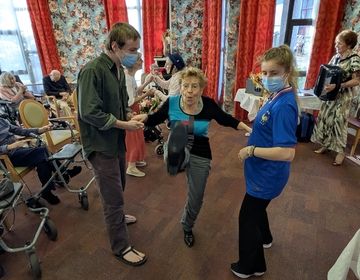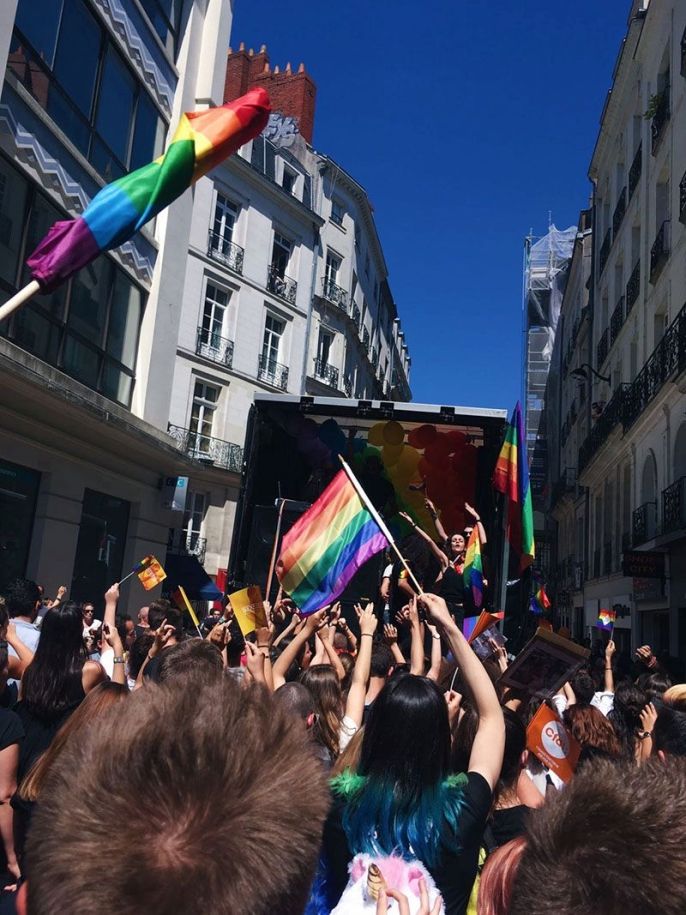Current Events in France
23 June, 2017
The French have recently held a presidential election between Front National (FN) candidate Marine Le Pen, and La République En Marche! (LREM) candidate and now president Emmanuel Macron. Macron won by a significant margin on 7 May, as a fairly middle of the road candidate who had never run for an elected office before. He was originally a member of the Socialist Party, but founded his own in April of 2016 in order to run for the presidency. He is the youngest French president in history, and youngest French head of state since Napoleon Bonaparte. He appointed Édouard Philippe of the Republicans as the Prime Minister of France. Additionally, the Legislative elections were held on 11 and 18 June, and the President’s party won the majority, with 350 seats of 577, and 6 different parties represented. Because the President’s party is newly created, recently founded by President Macron, this was a dramatic shift in party majority in the French legislation. Along with the new presidency and prime minister, this makes for a very interesting time in the French government.
The month of June is known as Pride month by the LGBTQIA+ community around the world, and France is no exception. Pride is celebrated differently across different cultures, with variations on parades and parties taking place across towns and generations. France, similarly to the United States, has what is known as Pride parades, but the event itself differs greatly from the American idea of a parade, more closely resembling a march. Large trucks playing music and full of celebrating people drive slowly down the street, surrounded by people walking, dancing, and marching along with them. The parade itself becomes a march to celebrate Pride, and new rights such as those gained by the lesbian and gay community of marriage in 2013, and the new legislation allowing transgender identifying people to legally change their genders without sex reassignment surgery, which came into effect as of 1 January 2017. However, there is also included a political component of protest because, although France has historically been seen as a traditionally liberal and safe place for the LGBTQIA+ community, there are still certain laws in place opposed by members of the community, such as legislation restricting lesbian couples to access assisted reproduction technology, called "Procréation médicalement assistée" (PMA). There are activist groups in the movement, including Act Up Paris, SOS Homophobie, Arcadie, FHAR, Gouines rouges, GLH, CUARH, and L'Association Trans Aide, ( Trans Aid Association, established in September 2004) and Bi'cause (bisexual). While this is not a topic of hugely popular debate on the table in the new elections, it has been in recent years, and the community becomes more nationally visible during the Pride celebrations in the month of June.
June also had a few terrorist attacks this year, in both the UK and France, as well as other countries around the world. France suffered fewer attacks than the UK, but the whole continent, and perhaps the whole world rests on edge, with heightened security in airports, government buildings, and large events, such as Pride, or La Fête de la Musique, which takes place on 21 June, and is widely celebrated as a night of music, dancing and drinking across France.
Fiona Freeman-Grundei
Yale-NUS College, Singapore
Related Posts

At Home In France
When I came to Rennes for my study abroad, I thought my biggest lessons would come from my university classes—grammar, vocabulary, literature, all that. But honestly, some of the most... keep reading

Volunteering in Rennes
“You better hurry up, or we are going to get a timer.” A word to the wise: if you are wanting to volunteer at a retirement home in France, make... keep reading

Rugby in Rennes: Playing a Sport Abroad
As I was considering applying for my study abroad program in Rennes, one of my biggest concerns was whether I would fall behind in my sport while I was away... keep reading
